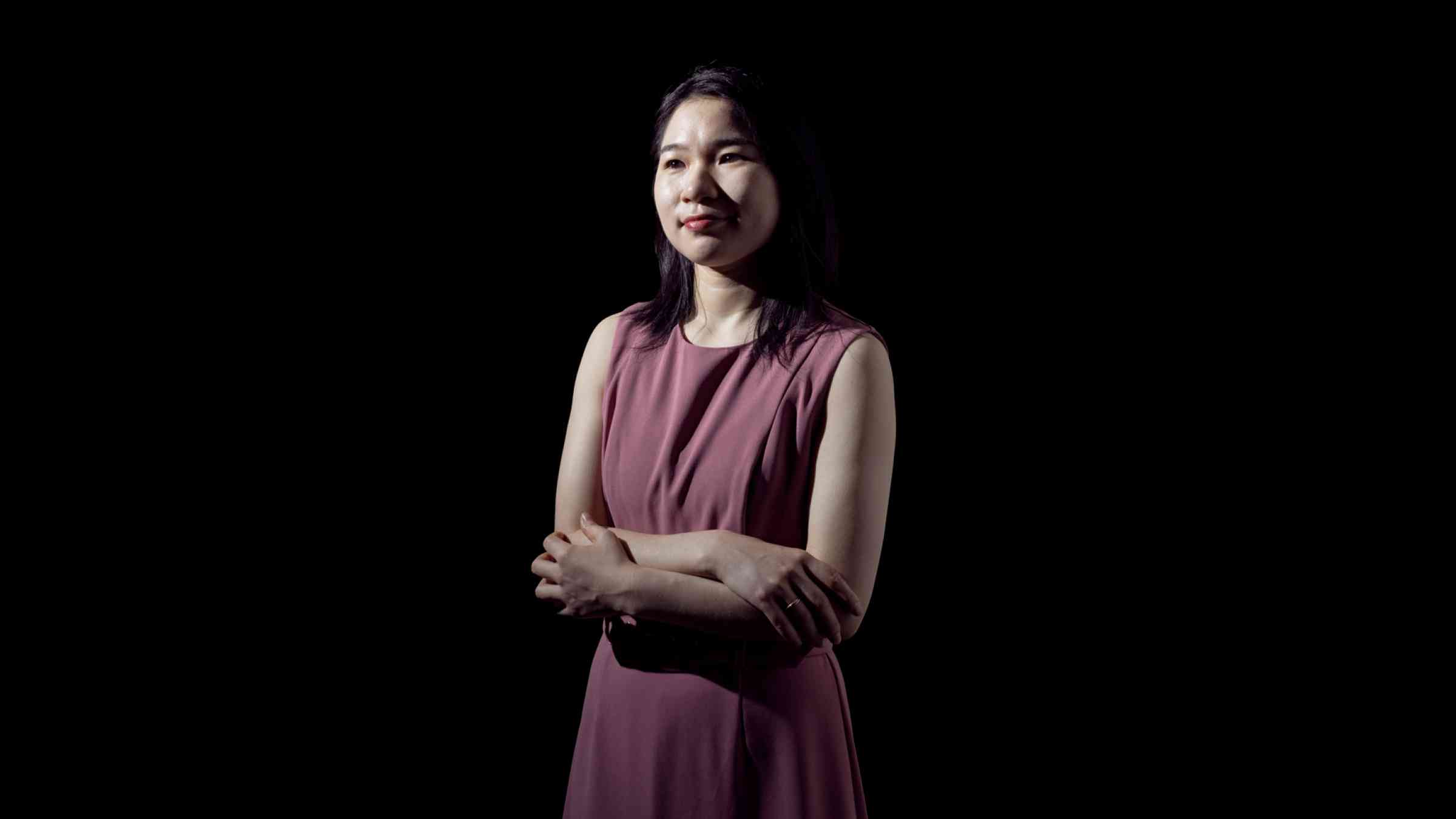Lulu He: “Education is crucial when addressing disaster recovery”

Lulu’s dedication to disaster research stems from her personal experience in an earthquake that struck her hometown in Sichuan Province in China in 2008.
“That earthquake was disastrous,” she says. “It took 90,000 lives and forced 180 million people to leave their houses permanently. I was a second year undergraduate student, not knowing what I would do with my future. During the earthquake, I slept with my classmates on the floor of the canteen hall. That is the only place that was considered safe on our campus. It was like that for two or three months.”
Lulu then decided to dedicate her graduate studies – and beyond – to the issue of earthquake recovery. “In 2015, I moved to Australia, the University of Queensland, to do my PhD in Geography. I looked at people's recovery following the 2008 earthquake in China, the 2015 one in Nepal as well as the 2010 and 2011 ones in Christchurch, New Zealand.”
More specifically, her PhD project examined how households recover after disasters and how government policies support this process. Her comparative study has extended the understanding of disaster recovery in the Asia-Pacific region significantly. It highlighted the political dimensions of disaster recovery with top-down management approaches dominating in recovery programmes, where governments impose policies on people, rather than adjusting policies to support the lead of local communities during recovery. Her research demonstrated that many solutions to complex DRR challenges can be found among disaster-affected communities.
“Gender is one of the most important dimensions I investigated during my research,” Lulu says. “In Nepal for instance, I found out that it was more difficult for women to recover than it was for men. They are simply more vulnerable. I also found out that when women are more educated, they recover better. Education is therefore crucial when addressing disaster recovery. But it is hard in some contexts to turn things around for women.”
She adds: “another important aspect of the recovery is the generation of an income. In Nepal for example, women would receive an income to carry out local work in the community, in construction and the like. This would boost their confidence in a tremendous way.”
Since she obtained her PhD, Lulu has been working with the Natural Hazard Research Group at the University of Adelaide in Australia, where she manages a research project on bushfire likelihood prediction in Australia using remote sensing data.
Lulu’s work and ambition definitely have a global dimension. She hails from China, lives in Australia, and has worked in Nepal, New Zealand, and Finland, and participated in conferences in the USA and Japan. “In the future, I want to carry on what I am doing now in terms of disaster risk reduction in the Asia-Pacific region. I really want to inform the world about what is going on in our region.”